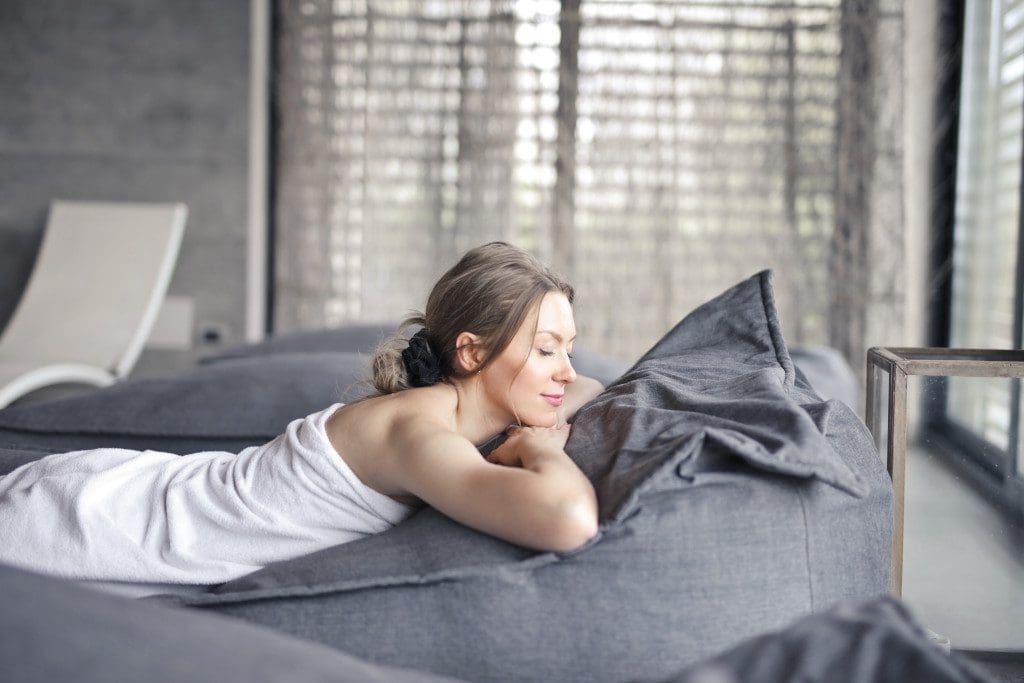Sonal Uberoi, author of The Wellness Asset, explains why hotels must focus on wellness if they want to revive their trade and thrive in the future.
The pandemic has put the focus on our health and understandably, demand for wellness provision has increased. Consumers are now wanting to nurture their physical and their mental health and are approaching their lifestyle choices in a more responsible manner.
Simultaneously, the pandemic has had a profound effect on the hotel industry, with many having to close for long periods, and now struggling to fill rooms at pre-pandemic levels.
So, what is wellness, why is it important and how can embracing wellness help your hotel business thrive?
Wellness vs Wellbeing
There is a subtle yet important difference between ‘wellness’ and ‘wellbeing’. Wellness is the tool and wellbeing the goal.
Wellness provides us with the tools that allow us to access different wellbeing goals, e.g. physical, mental, emotional and spiritual. These tools include therapies, alternative medicine, fitness activities, meditation and mindfulness, a balanced diet and other services designed to enhance our mental, physical, emotional and spiritual wellbeing.
Quite simply, when we incorporate wellness into our lifestyle, or into our product ecosystem as businesses providing wellness services, we provide the stepping-stones towards better wellbeing.
What does wellness mean in the context of your hotel?
Far too many in the hospitality industry see wellness as an amenity or niche product. And since the pandemic slowed the growth trajectory of hospitality, hoteliers are even more reluctant to invest money and resources into wellness. It’s seen as an add on service to their main business, selling room nights, food and beverages.
Where wellness has been considered, it has often centred on the pool and hotel spa with signature massages and activities such as sunset yoga.
These are great, but they don’t make the difference that a hotel needs to attract new and returning customers or position wellness as at the heart of the hotel’s offering.
In its truest form, wellness is the method by which hoteliers can guide their guests to achieve a state of wellbeing, by offering them wellness in every aspect of their experience, from breakfast right until they go to sleep at night.
When wellness is threaded thoughtfully into the hotel experience, guests can’t help but feel at ease throughout their stay.
Start with the basics
The wellness experience should start with the way guests are greeted on arrival. If they are treated politely and with respect and kindness they will immediately feel at ease and be looking forward to their experience. If their rooms are quiet, the correct temperature and with good air quality, guests will sleep well; the foundation for a great experience.
Their dining should not just be about the latest trends or showing off how talented your chefs are. Guests should, for example, be able to have any dietary requirements or wants adhered to without fuss, so they feel personally – as well as physically – nurtured.
Meet the needs of your guests
Encourage your team to take the time to get to know what the guest is looking forward to from their stay and make sure they know how to access it. If your staff know what your guest is looking for, they can guide them in achieving their best experience. A great experience, whatever their desires, is always an experience that ultimately looks after their mental wellbeing.
That guest will then be pleasantly surprised by how well everything works together to provide them with the memorable experience they seek. They will feel the effects of their stay long after they have left and will look forward to reliving the experience again and sharing it with loved ones.
Use wellness to future-proof your hotel
Consider these findings from the Global Wellness Institute: In 2018, wellness expenditure was more than half of all health expenditure, coming in at $4.3 trillion. Of the ten markets analysed between 2015-2017, revenue growth leaders were, wellness tourism (6.5%) and wellness real estate (6.4%), mental wellness and workplace wellness. All three have already been adapted into hospitality in some ways, but more needs to be done if hotels are to reap the biggest benefits of this trend towards wellness.
You must embrace wellness in the future of your hotel business. Hoteliers that don’t understand that they need to catch this tide will find their hotels become out of date and out of vogue. They will lose market share to those who have embraced wellness and can see the business benefits of doing so.
So, if you want to benefit from the rise in desire for wellness when travelling, there are two major components you need to look at when implementing your wellness strategy; your guests and your staff:
Guests
Listen to your guests and implement your new offerings thoughtfully. Every hotel is different, so make sure your offerings are appropriate to your clientele. While you need to deliver on budgetary expectations, do not be tempted to do so by cost-cutting and streamlining. This is a band-aid solution, which may be effective in the short term but comes at a long term cost. Instead invest and be prepared to evolve and respond to market conditions and the needs and wants of your customers. But don’t rush. A strong and robust system takes time to implement and requires the right expertise.
Staff wellbeing
Also crucial to your success in your wellness offering is the wellbeing of your team.
During the pandemic, many staff were laid off or had to make do with reduced salaries. Because of these unfortunate circumstances, hotels are at risk of losing their top talent to other industries. By including holistic wellness in future employee packages, this talent can be attracted back.
When staff are provided with the right tools to achieve a good work-life balance, overall wellbeing increases. This creates a happier, more engaged and motivated team, which can only benefit your guests.
Both business and leisure travellers want to look after their wellbeing when they travel. They want fulfilling, memorable and shareable experiences that transform their wellbeing on every level. Hoteliers need to adapt in response by adopting wellness at the heart of their offering.
Sonal Uberoi
Sonal Uberoi is a global wellness expert and founder of Spa Balance, a boutique consultancy working specifically with hotels to help them tap into the full potential of their wellness offering. Sonal has worked with major hotels across the world enabling them to attract a more discerning guest, build a loyal and committed customer base, attract and retain quality talent and increase profitability, without breaking budget.

